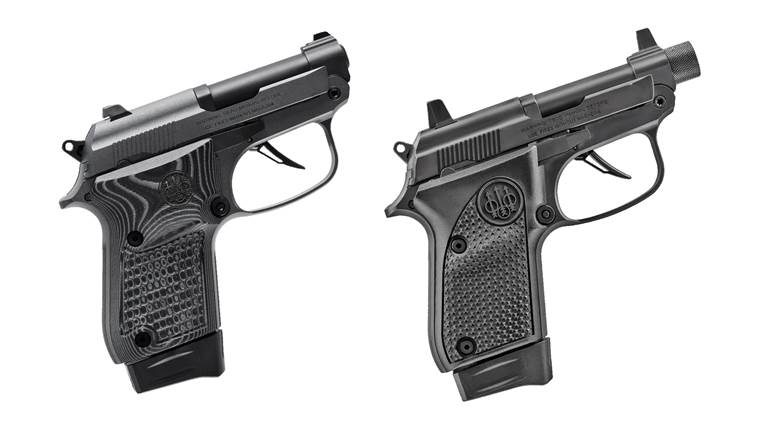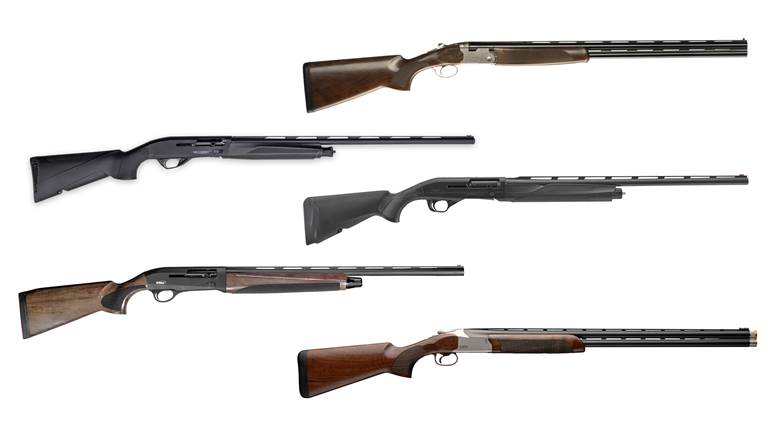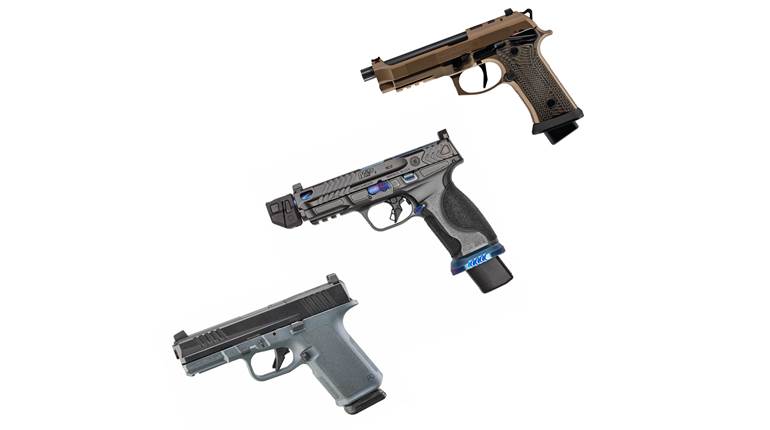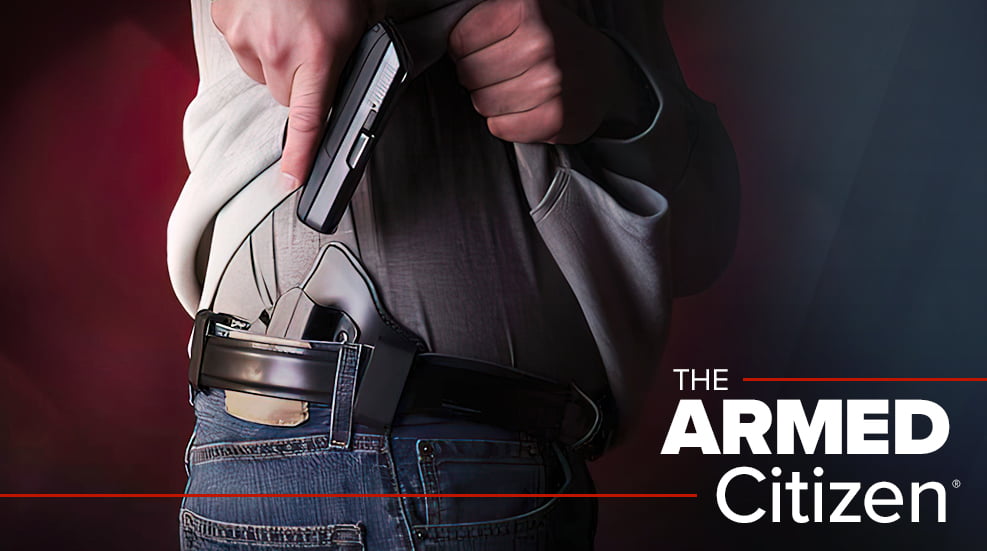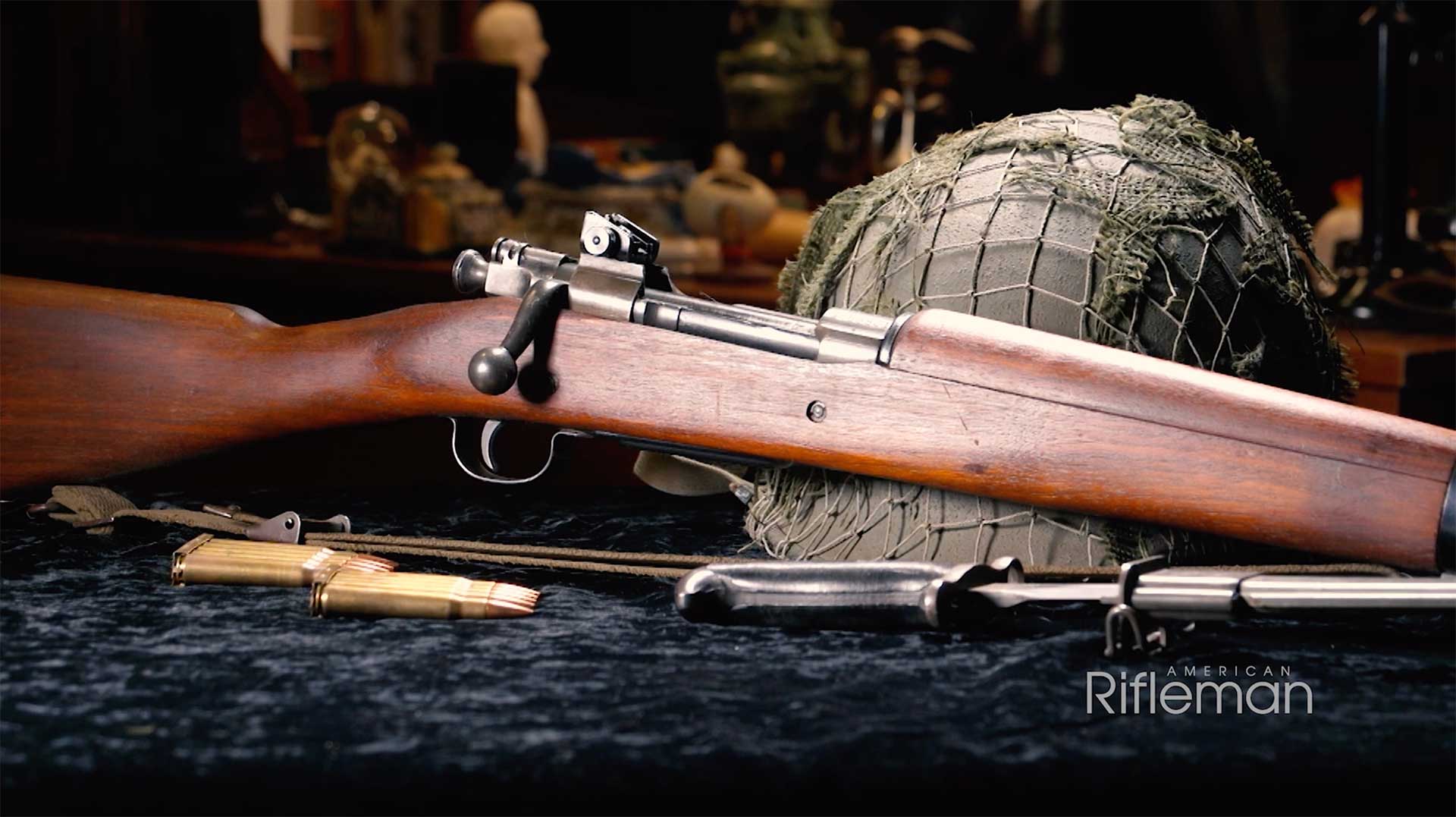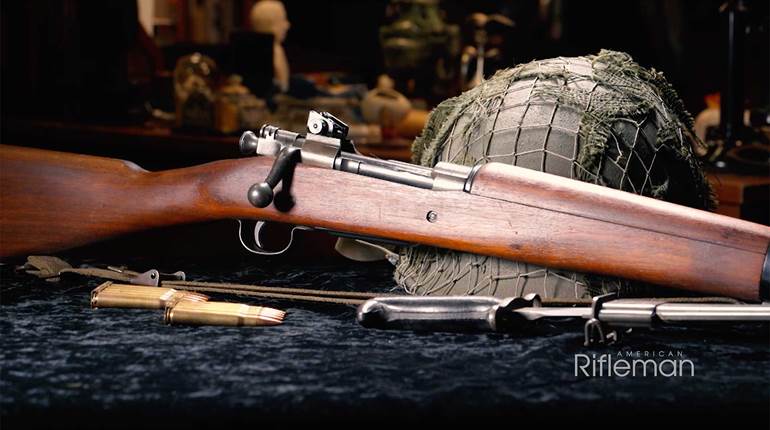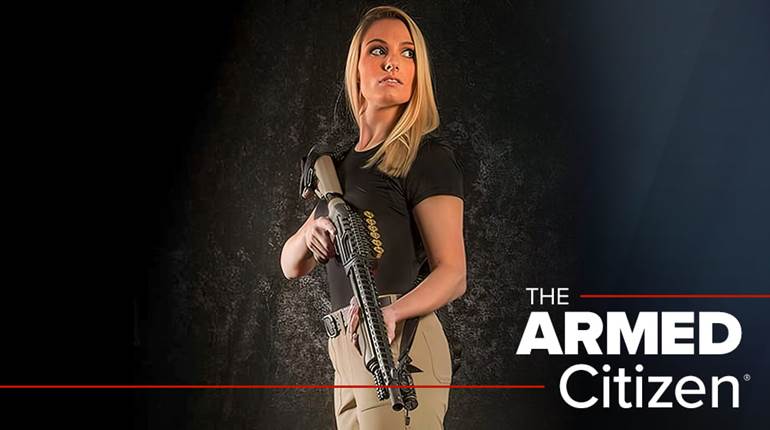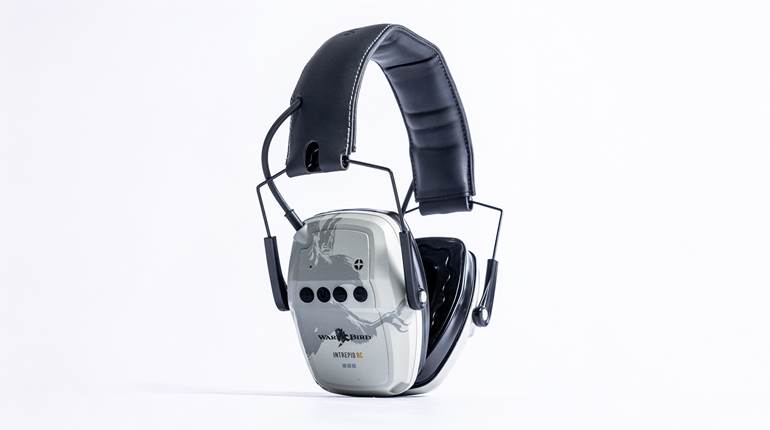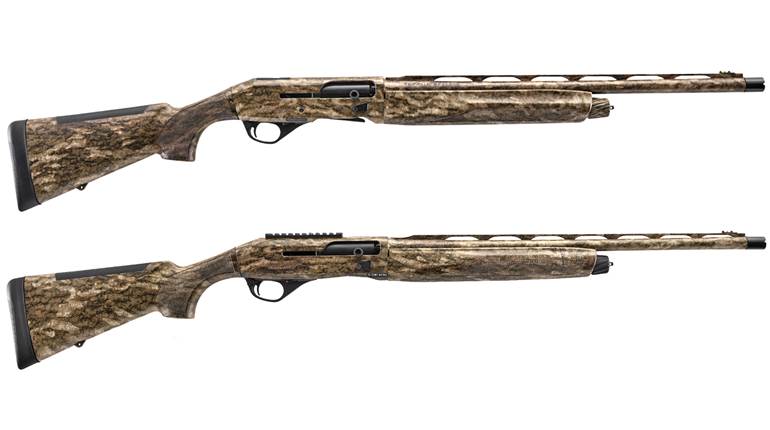
It’s no secret that 3-gun has become one of the fastest growing shooting sports in decades. Like any sport, the nature of the competition has driven the development and specialization of equipment used by the participants. While handguns and, to an extent, rifles have already evolved as tools for the practical shooter, the shotgun had a long way to go before it was “race ready.” Now we are seeing purpose-built, practical, competition shotguns being developed by major manufacturers. The Beretta 1301 Competition is the World’s oldest gunmaker’s foray into the emerging world of 3-Gun.
A scattergun designed for practical competition shooting must encompass several distinct qualities: It must be reliable, fast cycling, easy to load rapidly and quick handling, and it must minimize recoil to provide for rapid, accurate shots. Making a gas-operated, semi-automatic shotgun reliable while limiting recoil is a more daunting task than most shooters realize. The challenge is to allow enough gas into the system to ensure positive cycling without dumping too much gas into the receiver, which would accentuate felt recoil. Striking this balance is made even more delicate by the sheer variety of shotgun loads that an end-user will feed interchangeably. Fortunately, in a competition gun you have a pretty good idea what kind of loads are going to be fired. Beretta starts with its gas-operated, semi-auto receiver and what it calls the “Blink” operating system, which boasts an increased cycling speed. In this gun, the system appears regulated specifically for 2 ¾-inch target loads so that they cycle as reliably as possible. I found the 1301 Comp to be 100 percent reliable throughout testing, being able to fire shot strings with times as low as 0.17 seconds, while maintaining a relationship with a downrange target. The 1301 system struck me as an excellent balance of reliability and recoil.
The biggest challenge that the shotgun presents to most 3-Gun competitors is not the speed at which they can empty it, but the speed in which they can reload it. The best of the best can load their shotguns with amazing speed and finesse born through endless hours of practice, but there are also some hardware shortcuts that help make this possible. Most shotguns designed for hunting were designed with relatively small loading ports, presumably to add strength to the receiver and to keep debris out of the internals. As the sport of 3-Gun took off, custom gunsmiths milled those loading ports open to allow for greater access to the magazine tube and provide room for fingers to manipulate rounds into the firearm. Beretta has eliminated the need for such customization by manufacturing the 1301 with a generous loading port and a bevel that runs the complete circumference of the opening. It is very easy to feed rounds into the magazine tube of this firearm and you can do so without being bitten by the loading gate-another common problem with factory shotguns.
Another modification that 3-gunners have always made to shotguns was to replace the controls with oversized units that are fast and easy to manipulate. Once again, Beretta makes these features standard on the 1301 Comp. An oversized charging handle, safety button and bolt release are designed for maximum speed of use, and were fast and simple to manipulate, with traditional and intuitive locations. Even under the adrenaline dump that can turn the body into a quivering mess when the competition timer goes off, these controls would be hard to miss.
The 1301 uses an injection-molded synthetic stock that is impregnated with very functional, checkered gripping surfaces. If checkering this aggressive were on metal, it would tear your skin apart but on plastic it’s just right to keep your hands where you want them while shooting, running, jumping and otherwise negotiating the often aggressive match stages. A short 13-inch length-of-pull (LOP) makes this gun easy to bring to the shoulder without snagging on clothing and puts the shooter in an aggressive forward-leaning position to manage recoil. Spacers can be used to extend this LOP if desired.
This model is available with either a 21- or 24-inch barrel, and both come standard with Beretta’s Optima Bore HP interchangeable choke system-an Improved Cylinder choke ships with the gun. The standard capacity is 5+1 but the test gun came equipped with a Nordic Components extension tube that brought the capacity up to a more match-ready 8+1. This tube extends forward nearly to the muzzle of the 24-inch barrel. With a little practice, the entire magazine can be fired in well under 3 seconds.
The rules of 3-Gun can vary from one match to another, but, in nearly all matches, optics are allowed in certain divisions. The 1301 receiver is drilled and tapped at the factory for the mounting of an optic, offering yet another gunsmithing step that isn’t necessary to get this setup ready for serious competition. A Picatinny rail is available as an accessory from Beretta and the screw spacing is compatible with other aftermarket designs on the market.
With a 24-inch barrel and the extension tube installed, the 1301 Competition weighs in at 7 pounds, 1.8 ounces. If it were much lighter, recoil would be less manageable and if it were too much heavier, you’d be sacrificing the quick-handling and pointing qualities. If you’ve ever tried to swing a heavy gun on a quail hunt or in a match, you know what I’m talking about. This gun handles and points like a competition gun should, yet it is very controllable during rapid strings of fire. You can’t cheat physics when it comes to weight and recoil, but this Beretta isn’t too far out on either end of the spectrum.
Shooting the 1301 Comp wasn’t necessarily remarkable; it’s a light gun, it handles fast and it shoots where you point it. From a range perspective, the most impressive feature of this 1301 is the speed at which it allows the shooter to transition between targets. The best way that I can describe this is by comparing making a sharp turn in a pickup truck to doing it in a Camaro. The gun’s stock dimensions are a bit more rifle-like than shotguns designed specifically for aerial shooting, which is appropriate for a gun designed for the type of shots usually encountered in a 3-Gun match. As mentioned earlier, this Beretta functioned without a hiccup.
My overall impression of this shotgun is that it’s a really nice turnkey setup for someone looking to break into 3-Gun or a serious competitor interested in upgrading equipment. It is by no means an inexpensive firearm, but when you factor-in the custom upgrades that are built into the design, you’re saving hundreds of dollars in gunsmithing. Beretta has stayed relevant by responding to the whims of the marketplace and the 1301 is a prime example of a quality product put forward to meet a specific consumer demand.
Manufacturer: Fabbrica d'Armi Pietro Beretta S.p.A; beretta.com
Importer: Beretta USA; (800) 929-2901; berettausa.com
Action type: Gas-operated, semi-automatic shotgun
Gauge: 12, 2¾" only
Trigger: 4-lb., 6-oz. pull
Magazine: 5 or 8-shot (tested) tubular
Barrel: 24" (tested), 21"; Optima Bore HP with screw-in chokes
Sights: Stepped ventilated rib with steel center bead and red fiber optic front bead.
Stock: Injection molded synthetic; length of pull, 13" (adjustable to 14.5”); drop at comb, 1 1/8"; drop at heel, 1 5/8"
Overall Length: 44 1/2"
Weight: 7 lbs., 1.8 ozs.
Metal Finish: Matte-finished receiver and barrel, receiver black anodized aluminum, barrel blued matte black.
Accessories: Owner’s manual, hard plastic case
Suggested Retail Price: $1,240












